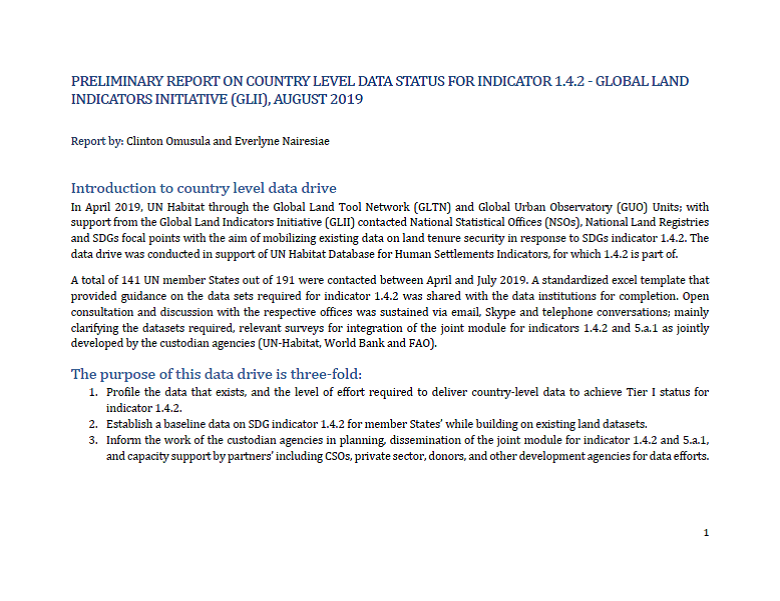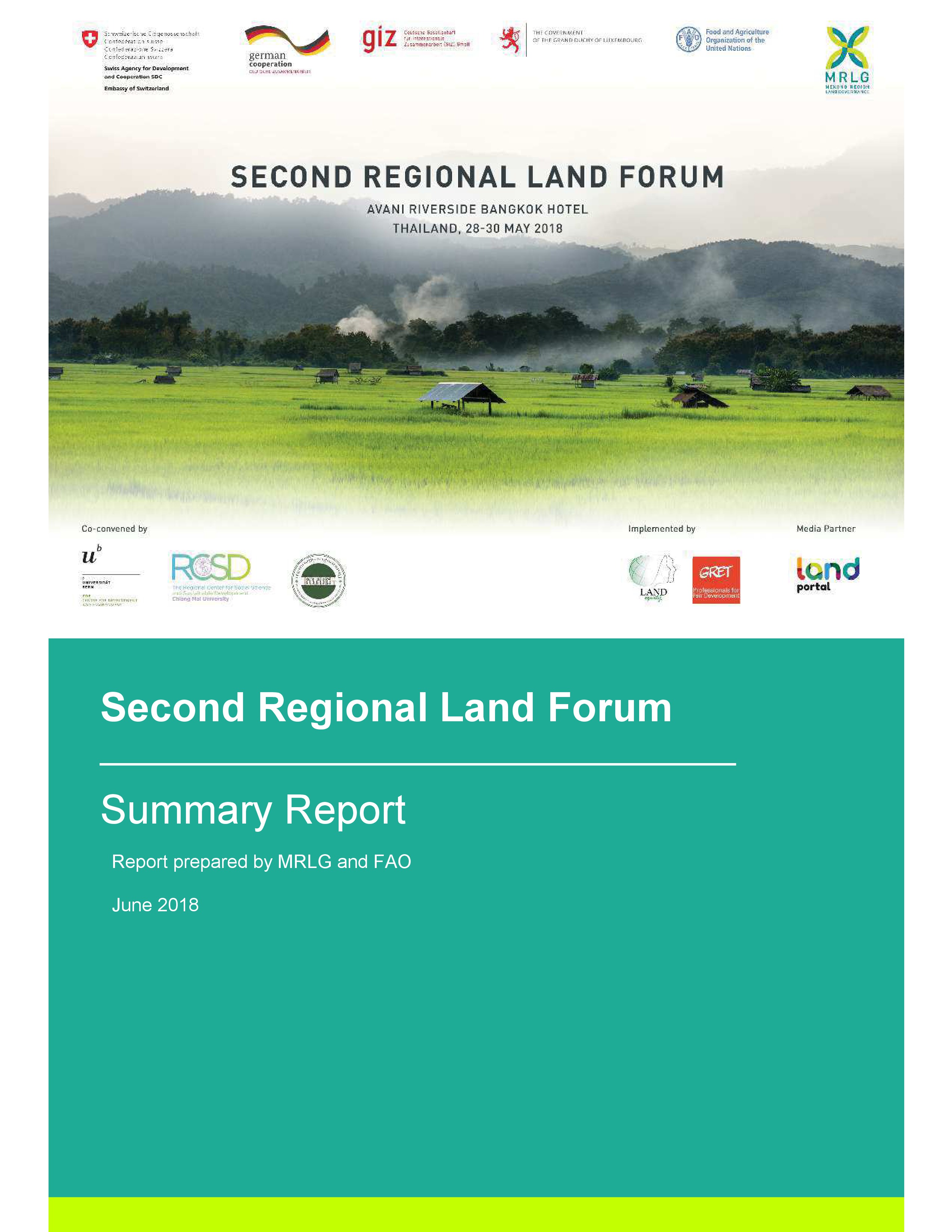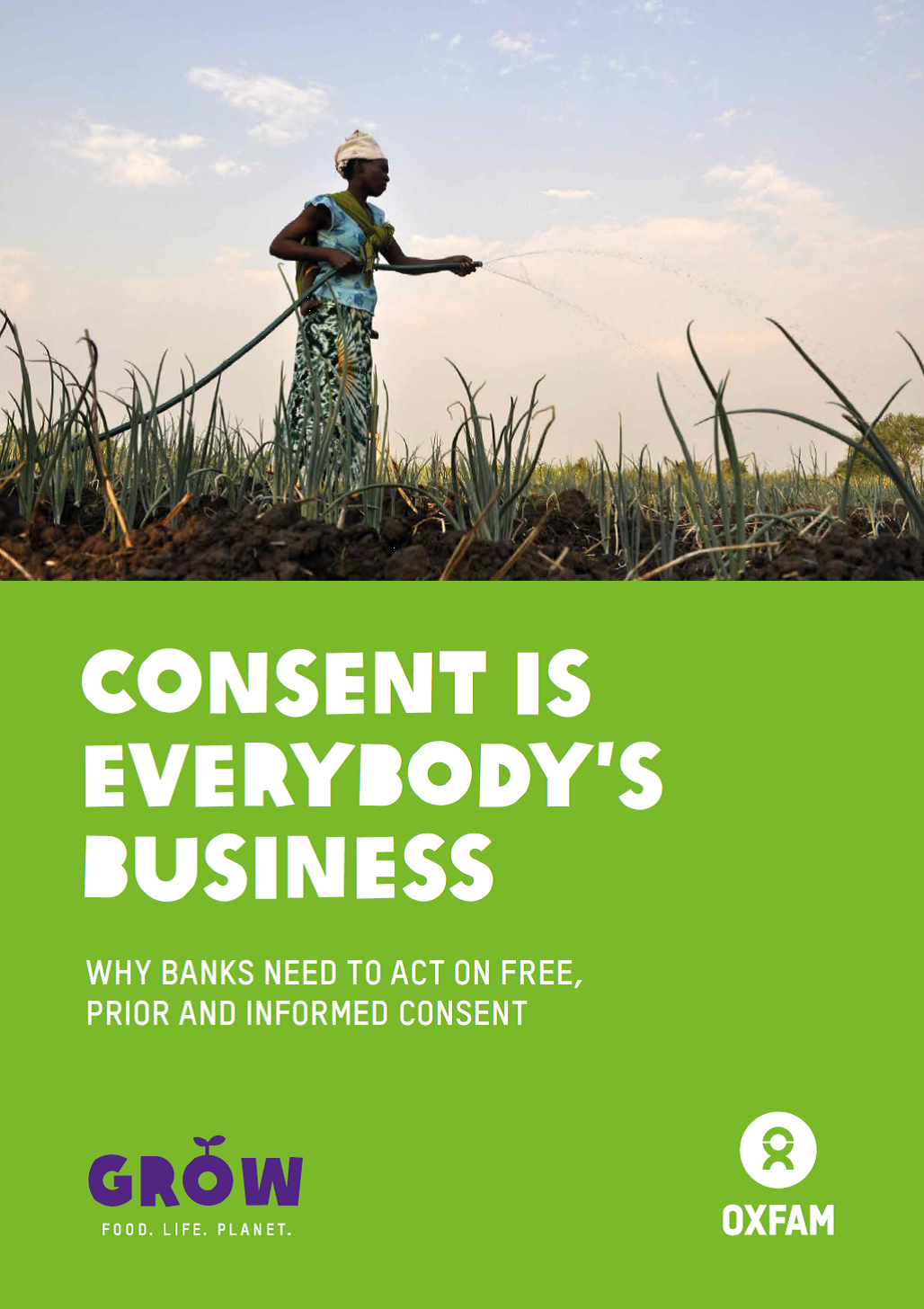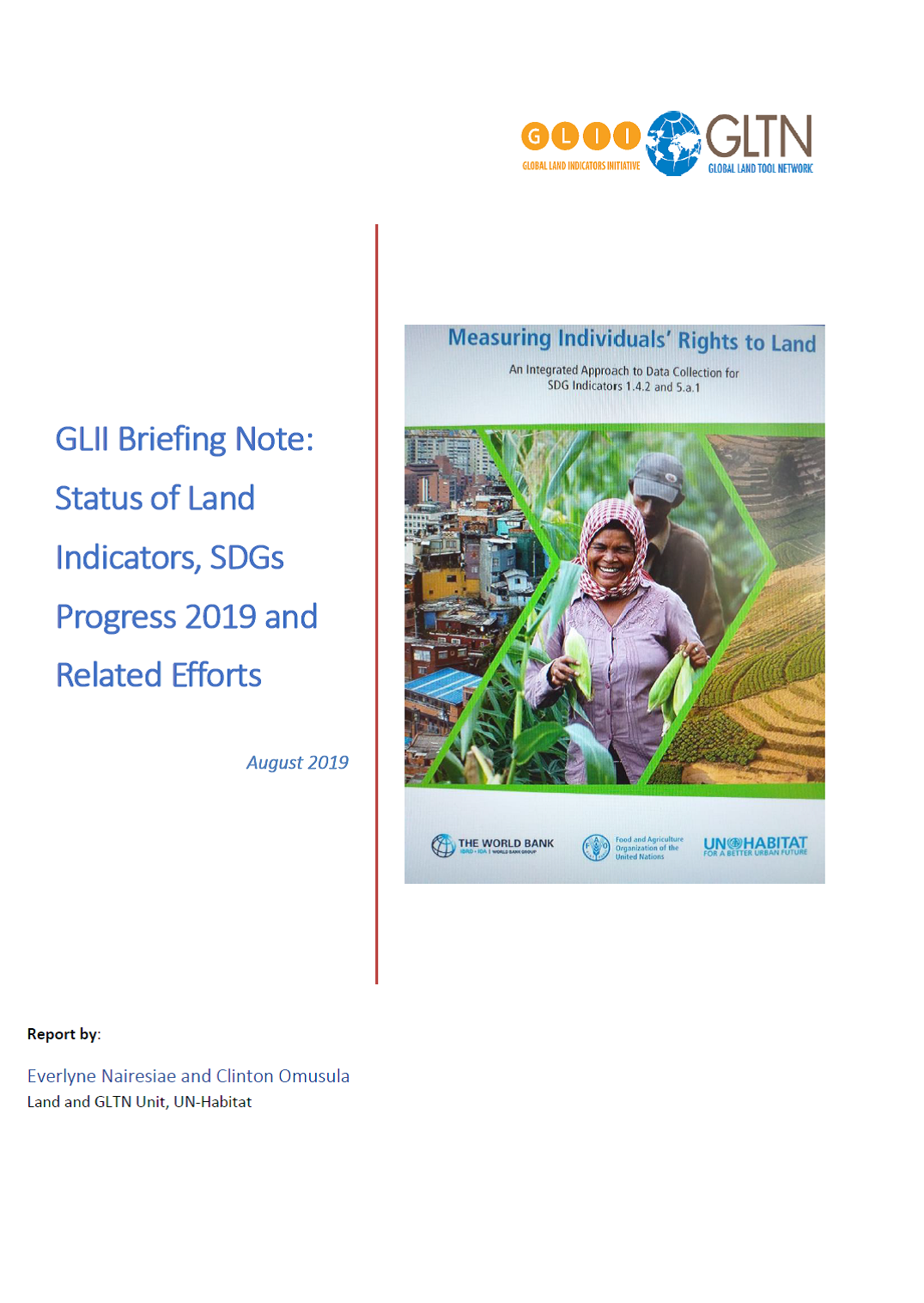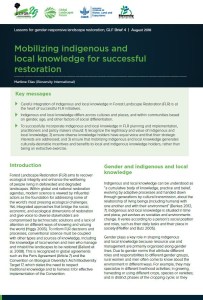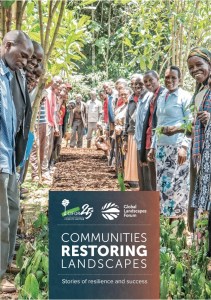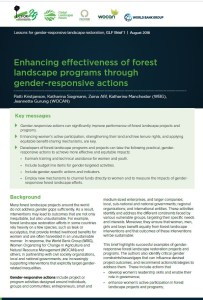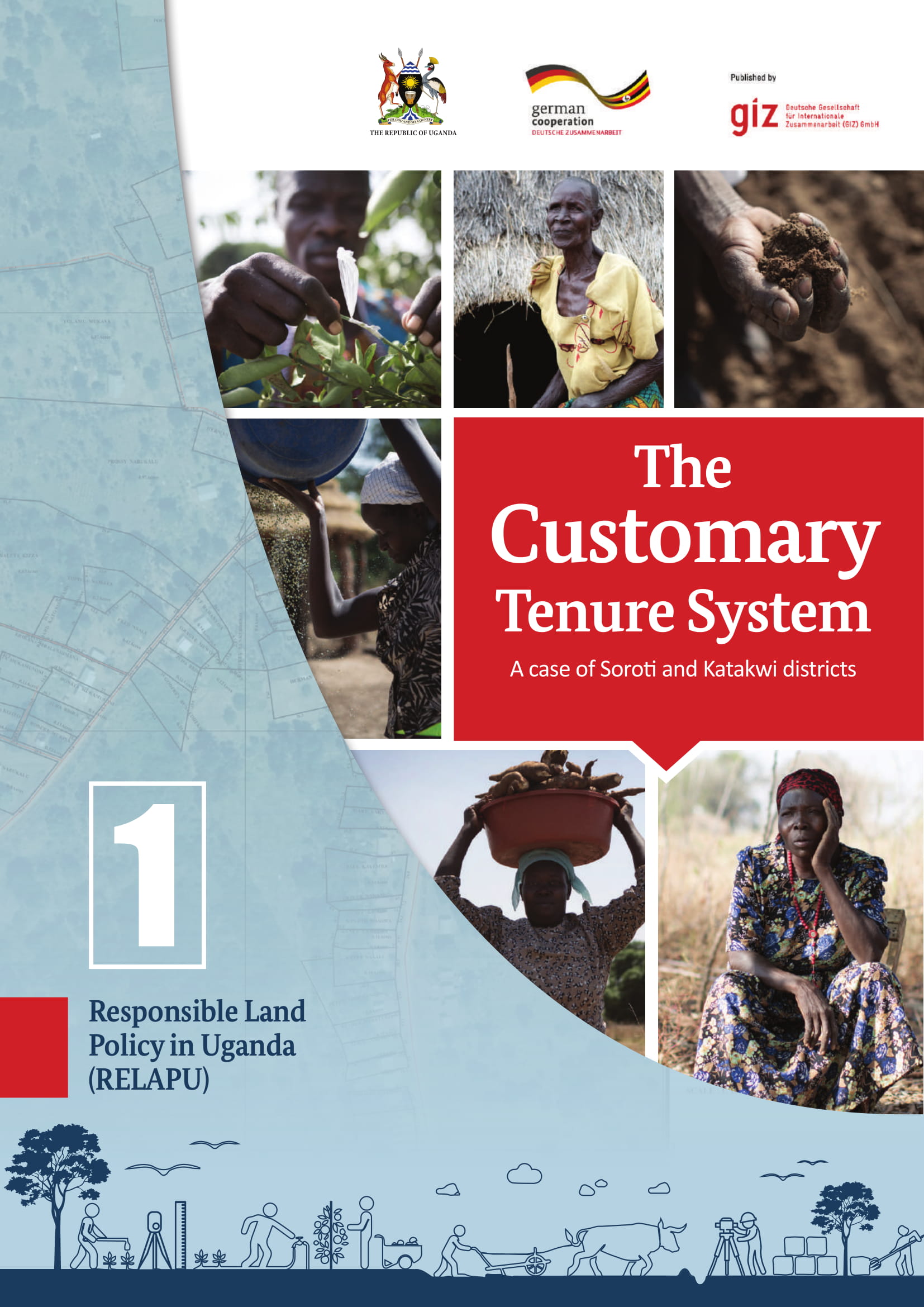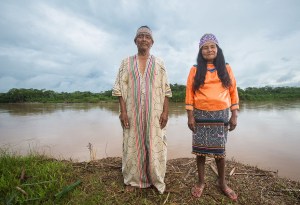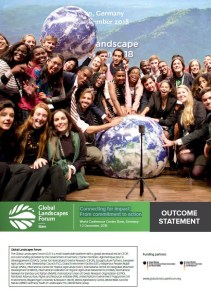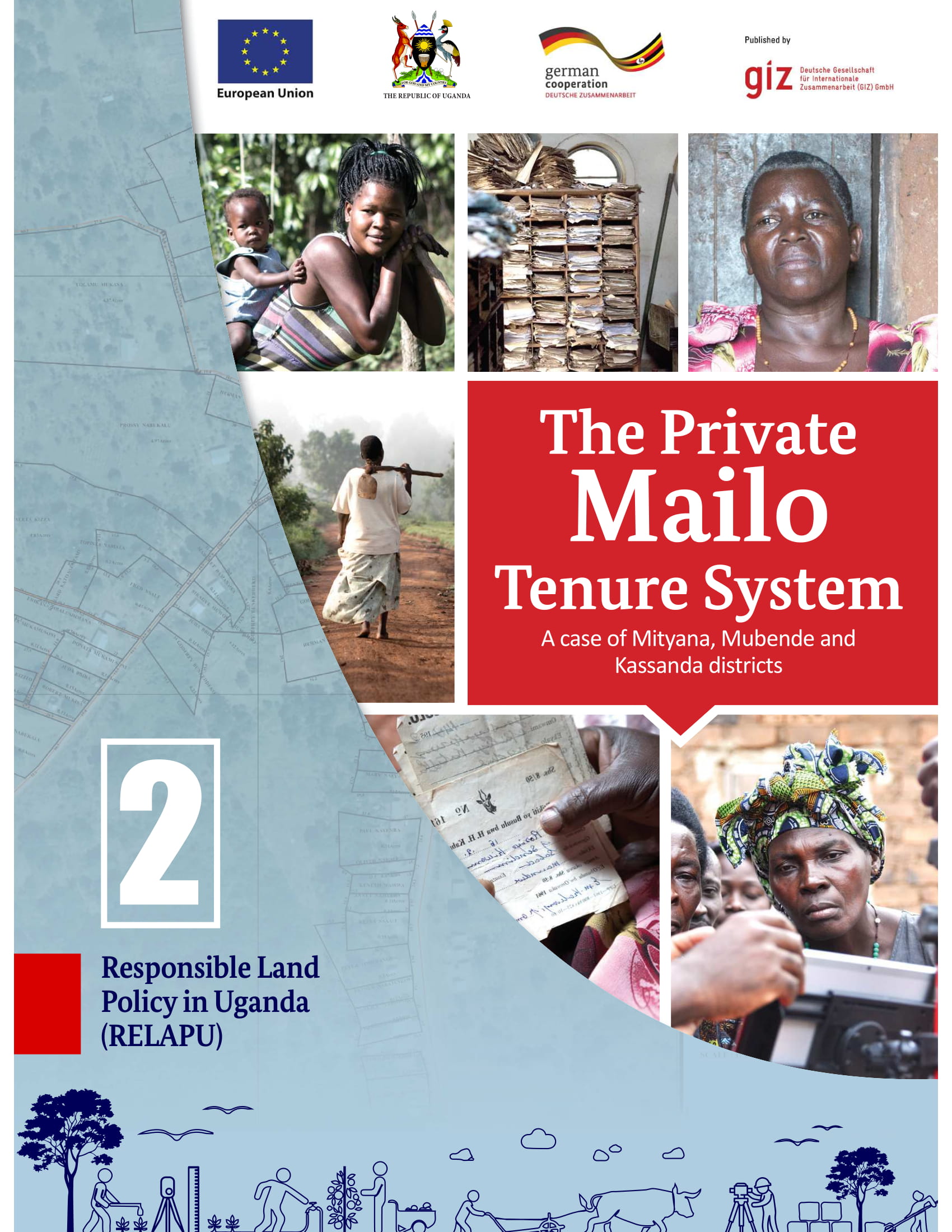Preliminary Report on Country Level Data Status for Indicator 1.4.2
In April 2019, UN Habitat through the Global Land Tool Network (GLTN) and Global Urban Observatory (GUO) Units; with support from the Global Land Indicators Initiative (GLII) contacted National Statistical Offices (NSOs), National Land Registries and SDGs focal points with the aim of mobilizing existing data on land tenure security in response to SDGs indicator 1.4.2. The data drive was conducted in support of UN Habitat Database for Human Settlements Indicators, for which 1.4.2 is part of.

